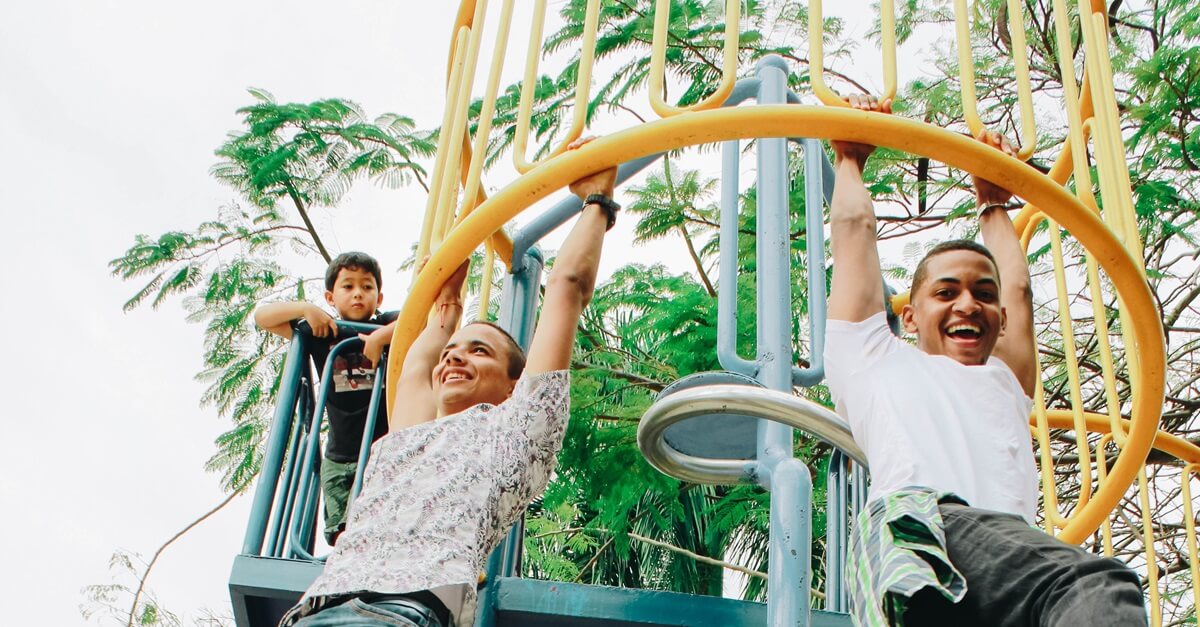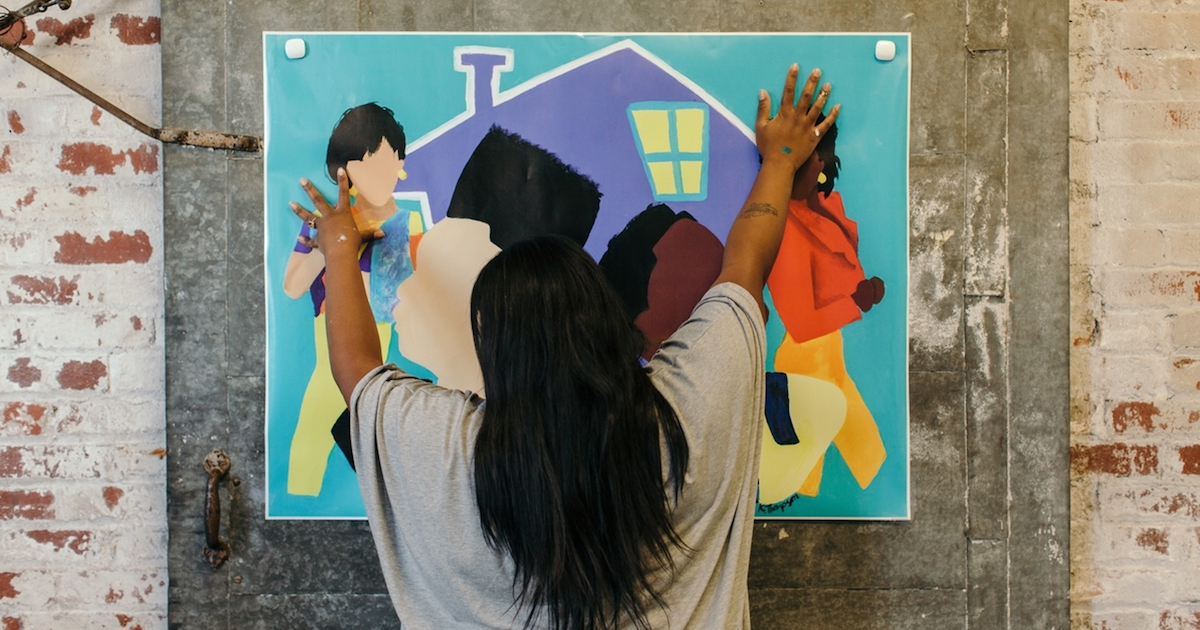
What Grade Should I Teach?
Some teachers know right away whether their futures lie in [...]
When I was going to my teacher education program, one of the things we were encouraged to do was to set professional boundaries with our students’ families. While it is generally considered unprofessional to be “friends” on social media with parents now, one thing that has always remained a faux pas is to give away your phone number.
As a young special education teacher, I rarely used my cell phone. If you are as old as I am, you remember that minutes were precious, even if it was “free” to talk after 7:00 PM. Sitting down to write my first “Welcome” letter to my families, I got to the “thanks and regards” section at the end, feeling the tug to put my home number (landline) underneath my name.
I knew it was a mistake, but I could think of a thousand reasons why they might want to get a hold of me. Maybe they had a question about homework. Perhaps they wanted to call and tell me their child was sick. Or, conceivably, they wanted to chat about their child’s goals and objectives. No matter what the reason, this was one teacher who was going to be available to his families.
For the thirteen years that I was a classroom teacher, I taught students with autism, multiple disabilities, and intellectual disabilities (otherwise known as low-incidence disabilities). Especially in the early part of my teaching career, my students spent the majority of their day with my paraprofessional and me.
Since my students were significantly affected by their disabilities, many of them could not tell their families what happened during the day. If we did any awesome science experiment, their families relied on me to communicate that to them through a written note. By the end of the school day, it was often challenging to write down all the things we did, so on some days, I didn’t get to it.
New teachers often struggle with “school to home” communication. Finding the balance of sharing just enough information but not describing the whole day in excruciating detail can be complicated. Whenever I felt like there was something that I missed, I gave the families a call. Of course, this backfired on me a few times. Mostly in the way that I ended up having more extended conversations than I originally intended. But even though my colleagues and fellow teacher candidates looked at this as a weakness in my professionalism, it was the best mistake I ever made as a special education teacher.
In my experience, if you give clear expectations to the families that you work with about when it is okay and not okay to contact you by phone, it will rarely be abused. Reflecting on my journey as an educator, the fantastic unintended consequence of affording this respect to my students’ families is that I developed strong relationships with them. Relationships build trust, and that is what you need if you are going to create a plan for your students’ success.
For students who receive special education services, families and educators develop what is known as an Individualized Education Program (IEP). Typically at an annual IEP meeting, educational and behavioral targets for growth are set by the team. As a classroom teacher, I would call each family before the IEP meeting to discuss what goals and objectives (areas of growth) they wanted for their child.
I distinctly remember telling them that “they were a vital part of the IEP team,” and “they were their child first teacher,” so they know them the best. After some conversation, I was able to draft some goals and objectives to bring to the meeting. No alarms and no surprises, the families felt like they were a part of the team, just as it was supposed to be.
What I thought was a mistake, giving my phone number out to my students’ families, was the first step to building trust. I continued to build up confidence in our relationship by bringing them in as partners in their child’s education. When my wife and I had our first child and sent her off to school for the first time, it wasn’t the teacher who overcommunicated with emails and social media messages that we trusted but the one who took the time to get to know us as a family. Likewise, I wanted to know the families I served.
It turns out the best mistake I ever made was the treat the families I worked with like people. That sounds like a mistake I’ll make over and over again.
Questions or feedback? Email editor@noodle.com

Some teachers know right away whether their futures lie in [...]

There are a lot of social media platforms to choose [...]

Make sure your priorities as a special education teacher line [...]

Turnover is especially high among new teachers, with over 40 [...]

Learn from a Noodle expert about the differences, benefits, and [...]
Categorized as: Special Education, Education & Teaching